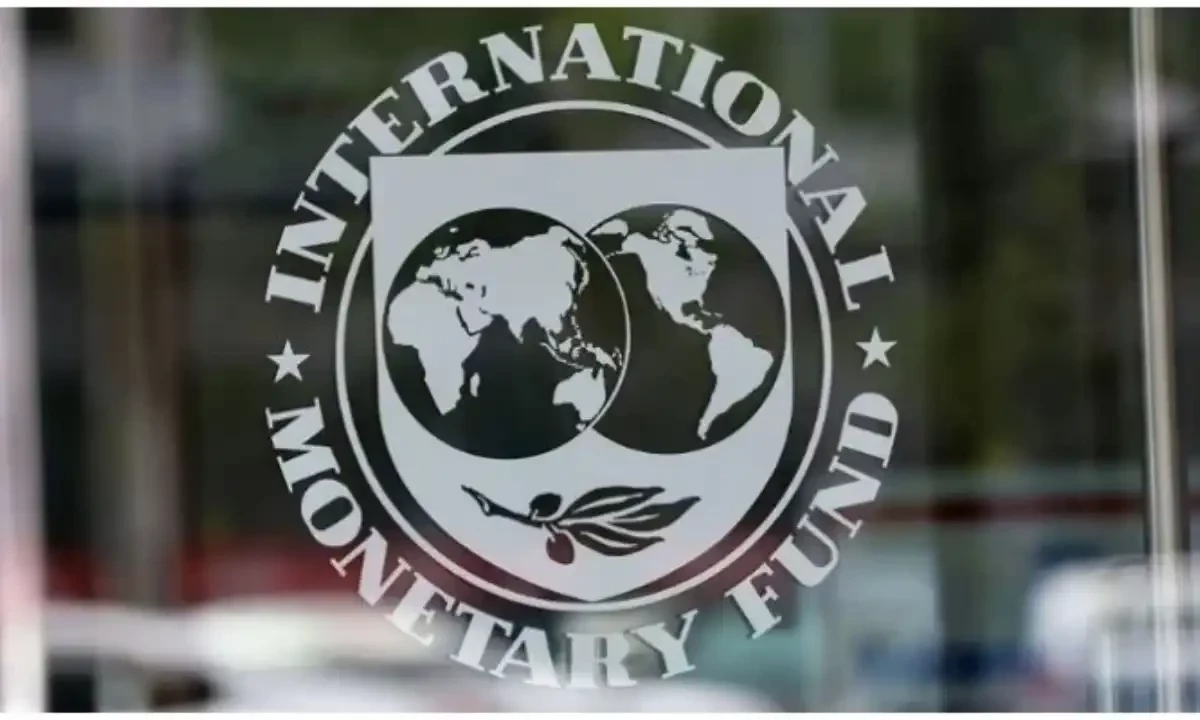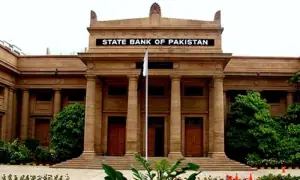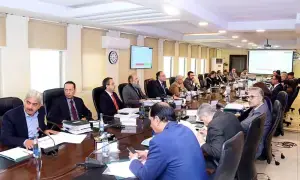IMF demands recovery of funds stuck in audit proceedings, seeks recovery mechanism
Technical-level talks between Pakistan and the International Monetary Fund (IMF) have entered a critical phase, with the global lender pressing Islamabad for fiscal discipline and revenue recovery measures.
The first session of negotiations has concluded, while the second session is ongoing.
The IMF has made it clear that there is no room for revenue shortfalls and has urged the government to implement “right-sizing” measures to cut expenditures.
Additionally, the lender has demanded the recovery of funds stuck in audit proceedings.
Strict fiscal targets set by IMF
According to sources, the IMF has stressed the need for immediate cost-cutting and has asked Pakistan to present a comprehensive plan to bridge the revenue shortfall in the next quarter.
The government has been directed to cover a deficit of Rs300 billion, with the Federal Board of Revenue (FBR) tasked with implementing compliance risk management and risk improvement measures.
The IMF has also sought details of losses incurred by state-owned enterprises and demanded explanations for the lack of follow-up on audit objections.
Focus on high-risk tax recoveries
During a briefing, IMF officials were informed about large retailers in major cities who remain outside the tax net.
The lender has instructed authorities to intensify recovery efforts in high-risk tax cases, particularly in Islamabad, Karachi, and Lahore, to bridge the revenue gap.
Additionally, the IMF has demanded detailed records of funds stuck in 600,000 audit objections and has called for an accountability framework to address delays in their resolution.
The lender has also asked for a clear methodology for recovering these funds.
To strengthen oversight, the IMF has urged the immediate appointment of a Chief Accountant General and implementation of a system to ensure accountability for delays in audit recoveries.
Discussions extend to energy and banking sectors
Talks between the IMF and the Ministry of Energy and Ministry of Petroleum have also reviewed the performance of the power and petroleum sectors.
Discussions included reforms in Islamic banking, the transition of refinancing schemes, and development finance in collaboration with the State Bank of Pakistan.
The IMF also examined the operationalisation of the Bank Resolution Framework as part of broader banking sector reforms.
Government outlines revenue strategy
Briefings provided to the IMF revealed that Pakistan’s tax deficit stood at Rs450 billion by February, with projections suggesting the shortfall may reach Rs990 billion by June.
However, officials assured that tax recovery efforts would mitigate this gap.
The FBR disclosed that Rs4 trillion worth of tax cases are currently pending in courts, with an expected recovery of Rs300 billion.
The government also informed the IMF that it is working to reduce the influence of trade and real estate sector lobbies and is considering new taxes on beverages and cigarettes, aiming to generate Rs100 billion in additional revenue.
As negotiations progress, discussions are also expected to cover budgetary planning and potential public relief measures.
Read more
IMF to dispatch mission to Pakistan next week for $7b bailout package evaluation
IMF proposes general sales tax on petroleum products in Pakistan: report
For the latest news, follow us on Twitter @Aaj_Urdu. We are also on Facebook, Instagram and YouTube.


























Comments are closed on this story.